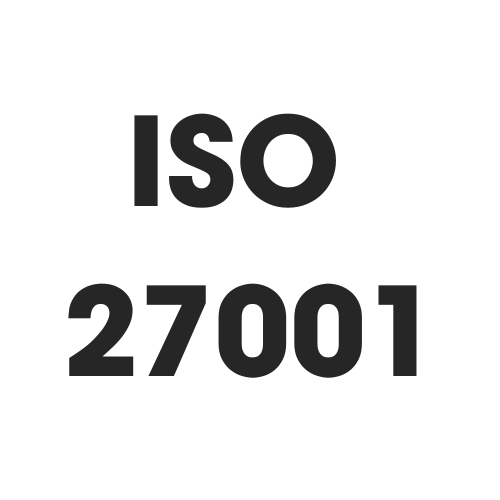EQL poster accepted for presentation at first AI in Orthopaedics event
Honoured to show our digital physiotherapy research at the Royal College of Surgeons
Presenting our poster at the Royal College of Surgeons' inaugural event
We were excited to attend the first AI in Orthopaedics event at the Royal College of Surgeons of England recently and honoured to present our poster on the Next Generation MSK Triage Using Fully Interpretable AI.
It was the first conference dedicated to the role of AI within orthopaedics, focusing on practical ways in which AI, underpinned by big data, can be used for the benefit of patients and the NHS.
Speakers included senior clinicians, researchers and technologists actively involved in AI projects within orthopaedics, plus NHS leaders and policy makers.
.jpg)
As a leading company in the digital health field doing high quality research, EQL was keen to demonstrate the promising early results for an AI lead digital physiotherapy triage tool.
The research results
Dr Kate Ryan presented new clinical data demonstrating that MSK triages using fully interpretable AI are safe and accurate, although slightly more cautious than expert clinicians, because they give safer triage recommendations at the expense of marginally lower accuracy.
The tool was tested using the protocol set out during the CE marking process. It used synthetic red flag case studies and anonymised cases of clinical disagreement pulled from Phio, which has to date triaged users using a similar ‘chat-bot’ interface and ‘deterministic’ decision trees.
The AI core was built by expert clinicians using fully interpretable probabilistic modelling to diagnose and triage MSK conditions.
The optimal triage for each case was decided by independent expert clinicians, out of six options — ranging from self-management to A&E. The test triages were then assessed on safety and clinical accuracy and how closely they matched the optimal triage.
Clinical safety and accuracy
Although the small sample size of this study limits the generalisation of results, they suggest that when assessed by independent expert clinicians, 100% of the triages were assessed as clinically safe and 86% clinically accurate. Three cases were classed as inaccurate because more cautious care pathways were recommended by the tool.
The poster was well received with the new information highlighting the benefits of non-neural network AI for clinical solutions and non imaging use cases. In time the use of fully interpretable AI could lead to the development of the first fully automated solution for MSK physiotherapy triage and diagnostic.
Given that 28% of work absenteeism and 30% of GP appointments are MSK-related in the UK (equating to around 6.8 million physio appointments annually), automation could deliver massive savings in care costs and reductions in clinician burdens across the NHS both in primary care or as part of surgical pathways.
It would give partners the ability to deliver safe, rapid access and high-quality patient care and give patients faster access to appropriate care 24/7, allowing them to start their journey to recovery more quickly.

"This was the first conference of its kind, so we were honoured to be accepted to present. It was very well attended, which shows there’s clearly a huge appetite in the orthopaedic community for more AI solutions across the board"
Accessing anonymised patient data
The event was attended by a host of thought leaders including Professor Tony Young OBE National Clinical Lead for Innovation at NHS England, Dr Helen Compton, Innovations Directorate NIHR and Dr Arash Angadji, CEO Orthopaedic Research UK.
A key theme was the ability of clinicians, researchers and companies developing AI to access large volumes of anonymised patient data for training and testing AI solutions, which is crucial to ensure accuracy and safety. However, there was general consensus that improved messaging is needed to ensure the general public are more comfortable with their data being used in this way and are thus more likely to engage.
Kate said: “This was the first conference of its kind, so we were honoured to be accepted to present. It was very well attended, which shows there’s clearly a huge appetite in the orthopaedic community for more AI solutions across the board. EQL’s poster was well received with lots of interest from orthopaedic surgeons around dovetailing with surgical pathways.”
Pete added: “It was a real privilege to be able to present this work and a bonus for the team who have been putting a huge amount of time into our next-generation triage system. As clinicians we feel obligated to find the best possible solutions for our patients and as innovators we are always asking ourselves “can we be better?” Our AI and ML research is integral to this mission so it was exciting to be able to share our results with the rest of the industry.”

.png)











.png)




.png)